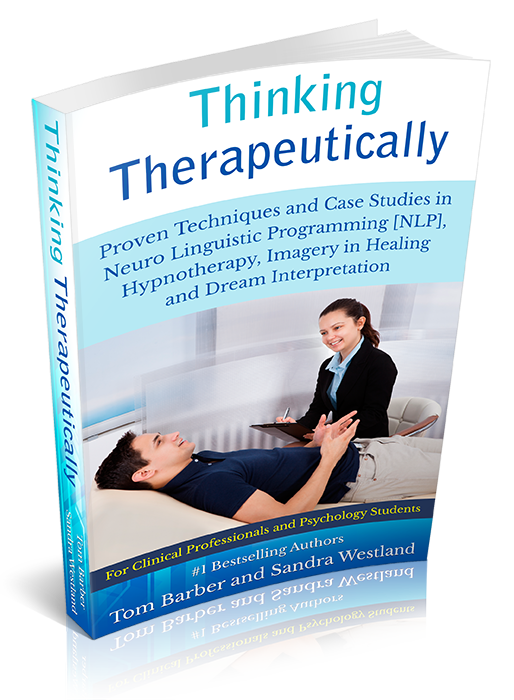At the heart of PTSD is a traumatic experience. The word trauma is derived from the Greek word meaning ‘wound’. It was likely first used in medicine around the seventeenth century referring to wounding (a tear) of the physical body, but now there is recognition of psychological wounding. Trauma is now also seen as a tear at the psychological skin that protects us, leaving us emotionally wounded.
Trauma involves not only the external event that has happened and the physical impact this has on us, but also the perception of what has happened. So not only does your body go into shock, your mind becomes overwhelmed as well.
Traumatic events can take many forms, and are unique to each individual; from events whilst in the armed forces, and car accidents, to difficult childbirths, assaults, domestic violence, or suddenly hearing about a sudden loss of a family member or friend. All are traumatic and can potentially lead to PTSD.
It is possible that if two people experience the same thing at the same time, one can find themselves with symptoms of PTSD while the other does not. Research is looking to find out why some people can repair themselves in around about a month in extreme circumstances, whilst for others the trauma ‘circuit’ still remains broken.
Why Do Some People Experience PTSD and Others Don’t?
We are yet to really know the answer to this question. It could be due to a number of factors of which the following is being researched:
- How the brain is naturally wired.
- If other traumatic events happen subsequently slowing the repair process.
- If the alarm system in your brain just won’t switch off.
- Or maybe in your early years you experienced a stressful time for some reason, which means it’s now difficult to file this event.
- Or maybe you experienced past trauma which has been re-ignited.
What we do know, is that it is possible to recover from trauma, and even to grow from it, moving from post-traumatic stress to post-traumatic growth.
Read on to find out more about suffering from the effects of trauma, and how talking can begin to bring you back.
Dr Tom Barber is an experienced integrative and existential psychotherapist and counsellor, who has been helping people overcome personal challenges for nearly 30 years. He is a bestselling author of 6 books, and spends his time between private clients, teaching and lecturing internationally, writing, and developing programmes to help people improve the quality of their life. Tom is a co-founder of Self Help School, a rich hub of resources and education for people looking for self-improvement. His academic speciality is in the subject of trauma and emotion.


